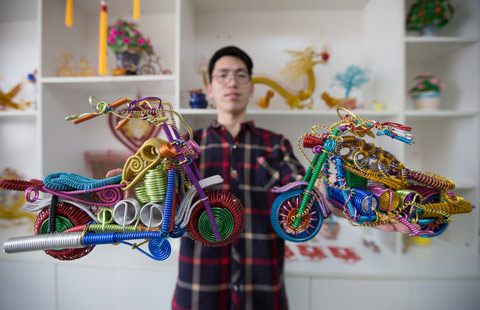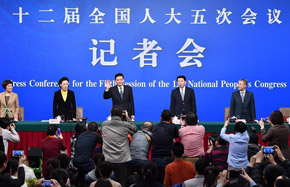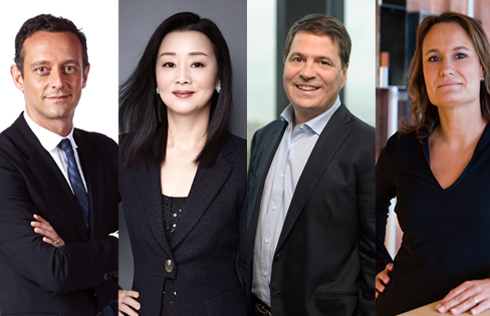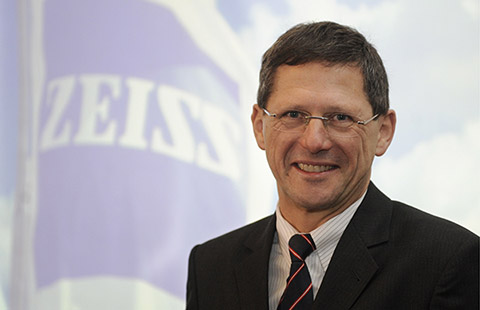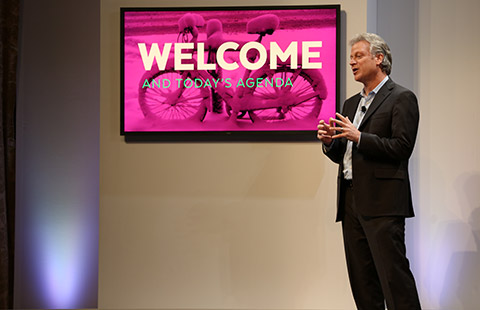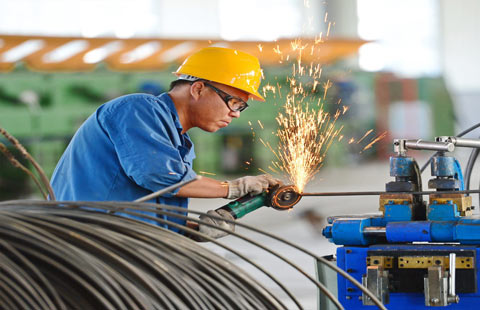Are cities expanding too fast and too soon?
It's perhaps not a coincidence that he is one of the longest serving mayors that is still in office - he has served 10 terms starting from 1975. When I was invited to Charleston by the Board of the Brookings Institution, Riley was our luncheon speaker. With his soft southern accent and beautiful PowerPoint slides, he spoke on and on, for over an hour, long exceeding the appointed time, until the moderator had to stop him.
The next day, when the governor of South Carolina asked me about my impressions of Charleston, I mentioned Riley's presentation. Immediately the governor asked: "Did he finish it?" We both laughed. Behind Riley's unfinished presentation was his genuine love for the city and persistence in protecting it, which can be a great source of learning for Chinese officials.
To advance urbanization with good Chinese characteristics, the planning authorities should first learn to sort out priorities and make hard choices. Since we cannot do everything and do it well, we had better make choices in accordance with cities' advantages. Only by choosing priorities and continuing its development can a city distinguish itself.
The next thing to do is to slow down. It takes time for contemporary trends to become cultural assets, and for experience to become invaluable learning. It also takes time for problems and conflicts to be exposed, and then, to be resolved. Hasty development may do more harm than good to a city.
Sustainability needed
Vital importance should be attached to sustainability in China's urbanization drive - sustainability both in terms of the environment, and of the system. Environment deterioration is affecting not only major cities, but also many medium and small cities in China. If the nation's urbanization does not develop in a sustainable way, it could bring more problems and even disasters to future generations.






